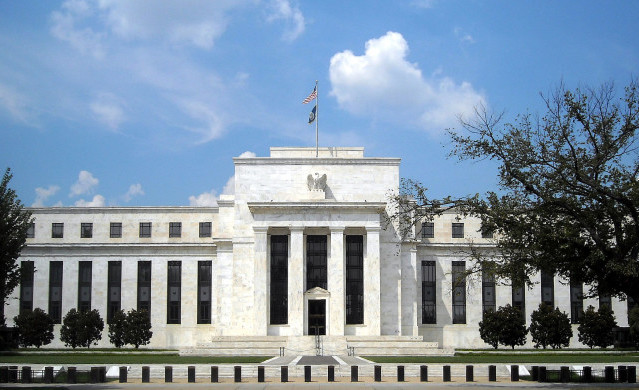It is not clear when the Federal Reserve will pull the trigger and raise shorter-term rates. It has been quite some time since the Fed has had to do this. The last time they raised rates was in 2007.
Let me be clear, what the Fed raises is not mortgage rates, but rather a short-term rate that is call the Fed Funds Rate. This is the rate that banks charge to borrow money from each other. If the Fed raises this rate, then banks will usually increase their rates to consumers or business that borrower to them.
This will happen in two ways. From the consumer side, banks will increase the prime rate. The prime rate is tied directly to home equity lines of credit. The Fed is expected to raise rates by .25 percent when they do raise them. So, for example, a homeowner that has a $100,000 line of credit outstanding that today maybe paying 3.75 percent ($312.50 interest per month) will have their rate raised to 4.00 percent ($333.00 interest per month) an increase of $21. That is not such a big amount.
From the business side, commercial rates will go up about the same. It is much more costly for businesses because they typically have much larger loan amounts with has a much larger increase to their monthly payment.
The big questions is, when will the Fed make this symbolic move?
Some Fed regional presidents were calling for the June meeting to make this move, while other are now saying they should wait until the September meeting to make the move because of flat economic news.
In early May, Charles Evans, president of the Federal Reserve Bank of Chicago, said that the Fed should wait until 2016 to raise rates. I share that opinion.
Typically, rates are raised when the economy is doing well to cool it off a bit so that we don’t trigger an inflationary cycle in which prices start rising to fast. We are currently not experiencing much inflation and the economy has been flat/average at best. I believe that most Fed members want to do this more as a symbolic move than a real necessity. They are worried about inflation, but even with low employment, inflation at this point has remained contained.
I believe that the Fed runs a greater risk by raising rates too soon and choking off the momentum the economy has gained as a result of all of their efforts over the past eight years. The Fed should consider waiting until we see stronger growth and higher inflation before they undo everything that they have done to get us to this point.
To contact me, call 773-557-1000 ext. 15, e-mail ron@ronmortgage.com or visit www.ronmortgage.com
.
 Fra Noi Embrace Your Inner Italian
Fra Noi Embrace Your Inner Italian







